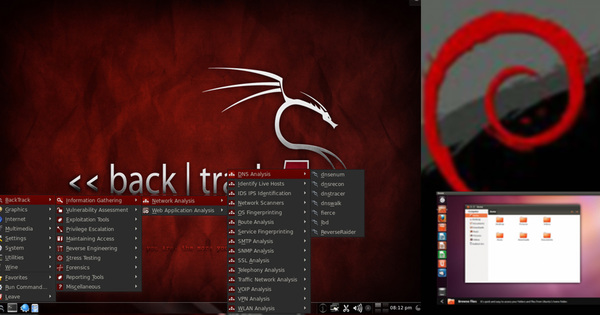MySQL9.3.0
SQL (Structured Query Language) database server.
- Applications
- Databases
The MySQL database server is the world's most popular open source database. Its architecture makes it extremely fast and easy to customize. Extensive reuse of code within the software and a minimalistic approach to producing functionally-rich features has resulted in a database management system unmatched in speed, compactness, stability and ease of deployment. The unique separation of the core server from the storage engine makes it possible to run with strict transaction control or with ultra-fast transactionless disk access, whichever is most appropriate for the situation.
MySQL now incorporates a transactional data dictionary that stores information about database objects. In previous MySQL releases, dictionary data was stored in metadata files and nontransactional tables.
MySQL supports creation and management of resource groups, and permits assigning threads running within the server to particular groups so that threads execute according to the resources available to the group. Group attributes enable control over its resources, to enable or restrict resource consumption by threads in the group.
- linux
- Downloads126969
- LicenseGPL
Downloads / Release History
- https://dev.mysql.com/downloads/mysql/
- https://dev.mysql.com/downloads/mysql/
- https://dev.mysql.com/downloads/mysql/
- https://dev.mysql.com/downloads/mysql/
- https://dev.mysql.com/downloads/mysql/
- https://dev.mysql.com/downloads/mysql/
- https://dev.mysql.com/downloads/mysql/
- https://dev.mysql.com/downloads/mysql/
- https://dev.mysql.com/downloads/mysql/
- https://dev.mysql.com/downloads/mysql/
- https://dev.mysql.com/downloads/mysql/
- https://dev.mysql.com/downloads/mysql/
- https://dev.mysql.com/downloads/mysql/
- https://dev.mysql.com/downloads/mysql/
- https://dev.mysql.com/downloads/mysql/
Comments
Yes, yes...I know what you are about to say: a) transactions slow down the database b) you can use locking in MySQL c) you don't really need them anyway. Inserts are way faster without transactions, true, but what do you do when one insert out of ten fails? Like, the order goes into the invoice table, but not the delivery table, because that insert fails? Locking, you say. Well, avoiding deadlocks while using locking is easy as long as your system is rather small, and as long as there is only one developer working on it, someone who can keep track of everything in his/her head. With increased complexity the chance of a deadlock situation increases exponentially, and in practise, only having locking means you are restricted to a singleton pattern for database access. Not especially scalable, although a bit easier to implement. I tend to miss subselects, too, although that is, AFAIK, being implemented. You do need transactions for anything that grows beyond your pet project, and MySQL doesn't provide it. It is, though, lighting-fast and very durable.
Just check for the new versions. MySQL have transactions.





